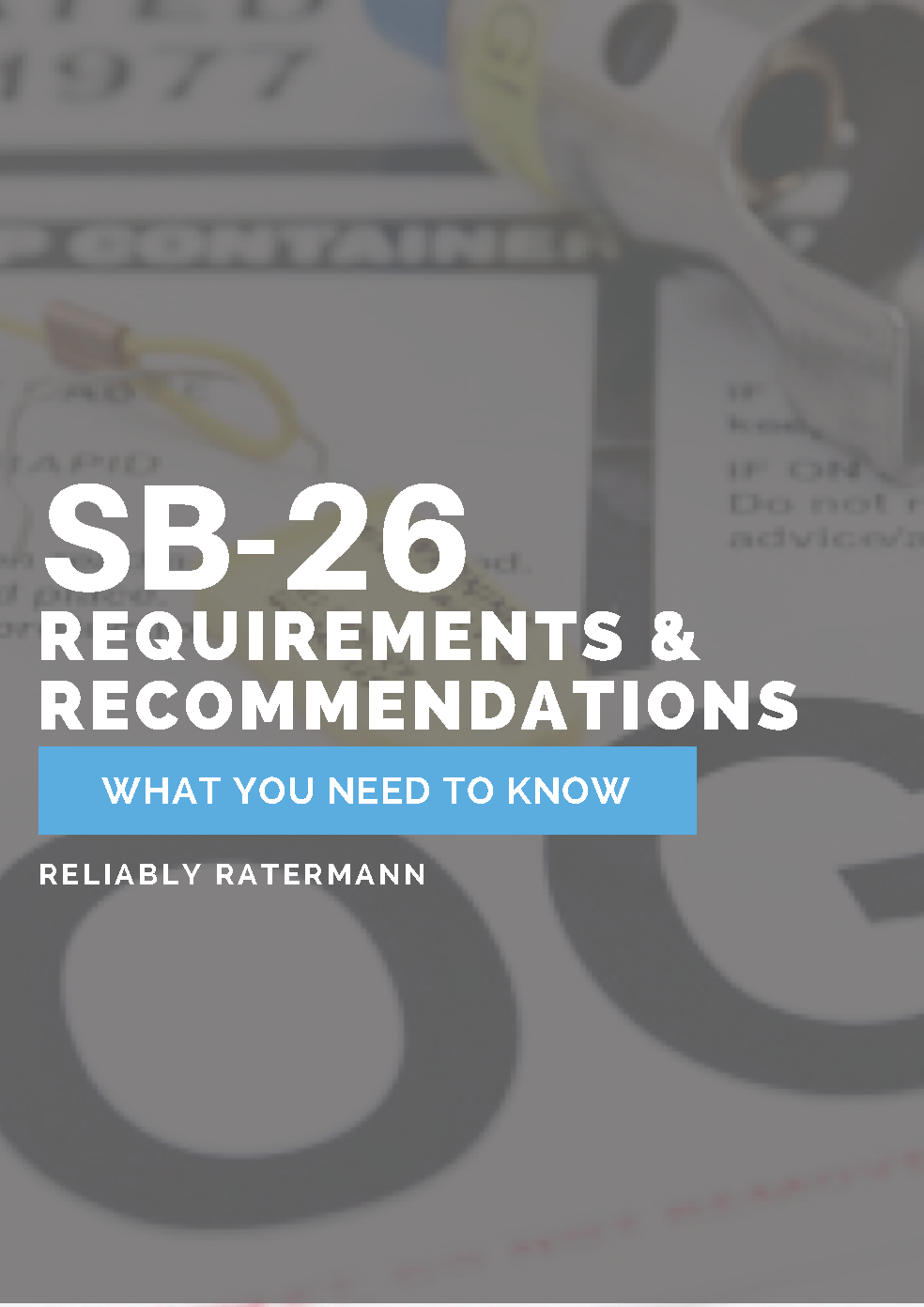Ratermann Learning Center
A hub providing relevant information and updates on industrial gas, cryogenics, and CGA regulations, as well as industry specific solutions for fill plants, beverage distribution and medical gas supplies.

By:
Lance Looper
October 10th, 2024
Choosing the right cryogenic valve comes down to a handful of considerations, each of which narrows the choices so that you find the right valve for your application. Because cryogenic liquids (nitrogen, oxygen, helium and hydrogen) are stored at extremely low temperatures (typically -150C / -238F or lower), you need valves designed to function properly at those low temperatures. Below are the top considerations for choosing a valve:

cryogenic equipment | cryogenic valves
By:
Lance Looper
July 3rd, 2024
In the early days of cryogenic bulk tanks, fitting a tank with valves and instrumentation was a lot more complicated and involved, as customer needs grew to include check valves, strainers, relief valves, and drain valves in addition to the primary top and bottom fill components. It took hours of welding and brazing to build up a tank, which greatly limited how many tanks could be outfitted and put into operation.

Refresh your understanding of the critical preventive measures that have been shown to save lives by subscribing to our blog for a free download of our guide: Ratermann's guide to SB-26 & our reccomendations to prevent gas mix-ups.

cryogenic valves | hydrogen | valves
By:
Lance Looper
May 15th, 2024
The 2022 CHIPS Act (Creating Helpful Incentives to Produce Semiconductors) and subsequent rounds of funding to boost semiconductor production in the United States have resulted in an increased need for high-quality components necessary for manufacturing.

cryogenic equipment | cryogenic valves
By:
Lance Looper
April 17th, 2024
The term “ASME Certified” gets thrown around a lot in the cryogenic and compressed gas industry. But what does that really mean and why is it important?

By:
Lance Looper
November 29th, 2023
Did you know that over 99% of cryogenic relief valve failures are due to a build-up of particulates, dirt and debris? And that tank slag, Teflon tape, and dirt are the most common culprits? When these contaminants build up in valves, they prevent the valves from re-seating properly. At best, a blocked valve results in minor leakage requiring valve replacement. At worst, a fully blocked relief valve leads to overpressurization causing dangerous and life-threatening system failure.

By:
Lance Looper
November 22nd, 2023
If you’ve ever been in close proximity to a cryogenic cylinder when the safety relief valve pops open, you know it’s jarringly loud, almost like a shotgun blast. From a safety standpoint, the noise is high enough in decibels (over 100dB) to cause hearing damage if a worker is close enough to the valve. And from a plain nuisance perspective, it’s extremely startling and disruptive.